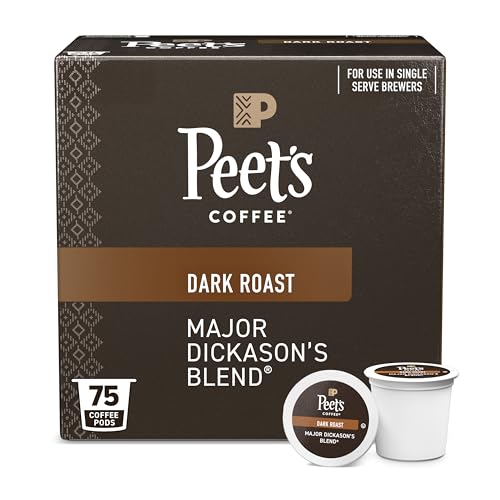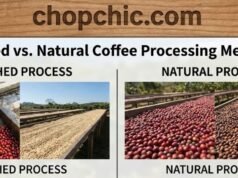When buying coffee beans, you’ve probably seen labels like “Single-Origin” and “Blend”. But what do these terms really mean, and how do they affect the coffee in your cup?
Let’s break it down so you can choose the right option for your home brewing routine.
What Is Single-Origin Coffee?
Single-origin coffee comes from one location whether it’s a specific farm, region, or country. Because it’s grown in a controlled environment, the flavor tends to reflect the terroir of that area.
Flavor Profile:
- Unique and distinct
- Bright, complex, and sometimes fruity or floral
- Seasonal variations are common
Best For:
- Pour-over, Chemex, AeroPress
- Coffee drinkers who like to explore flavor nuances
What Is a Coffee Blend?
A blend combines beans from multiple origins to achieve a consistent and balanced flavor. Roasters create blends to harmonize acidity, body, and aroma, making them reliable for everyday drinking.
Flavor Profile:
- Balanced and smooth
- Often chocolaty, nutty, or caramel-like
- Less prone to seasonal shifts
Best For:
- Espresso and milk-based drinks
- Coffee drinkers who prefer a dependable taste
Which Should You Choose?
| Preference | Go For |
|---|---|
| Flavor variety & complexity | Single-Origin |
| Consistency & balance | Blend |
| Black coffee or light brew | Single-Origin |
| Espresso or lattes | Blend |
Recommended Gear
This topic allows for easy product links, such as:
- “Top Single-Origin Coffees to Try This Season”
- “Best Coffee Blends for Your Espresso Machine”
- “Subscription Boxes Offering Rotating Single-Origin Beans”
It also builds authority by educating readers who want to explore premium options.














[…] read more: Single-Origin vs. Blend: What’s the Difference and Why It Matters […]
[…] you browse coffee bags online or in your local shop, you’ve likely seen terms like single-origin and blend. While they may sound like insider lingo, they carry real implications for flavor, consistency, and […]